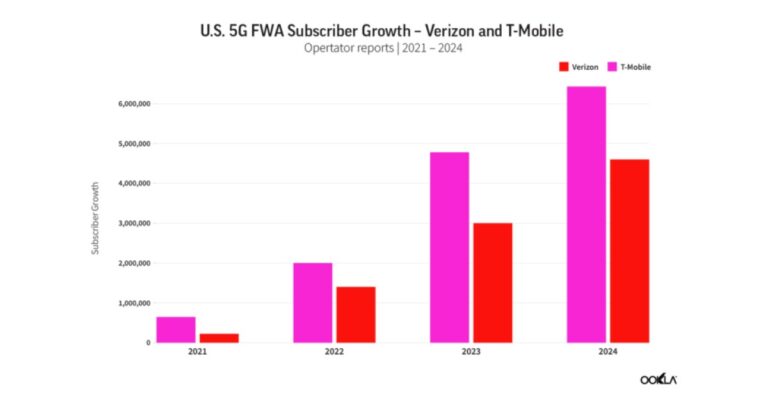Reliance invites users in Chennai to experience 5G
Reliance Jio recently announced that it would be sending out invites to users in Chennai to experience 5G. Earlier, Jio had announced the 5G services for users in four cities – Delhi, Mumbai, Kolkata, and Varanasi. Now users in Chennai will also be able to get the 5G invite from Jio. Note that if you want to experience the 5G SA network of Jio, then you must have a device that is compatible. Jio also announced 5G powered Wi-Fi for Nathdwara, Rajasthan. But the real question is, will Airtel also expand its 5G to other cities? Let’s find out.
Airtel started with 8 cities and going to reach more cities soon
Bharti Airtel is going to reach more cities with 5G network services soon. The company has already said that by the year-end, users across several metros and key cities in the country will be able to experience its 5G networks. Airtel already started with a total of eight cities – Delhi, Mumbai, Varanasi, Chennai, Hyderabad, Siliguri, Bengaluru, and Nagpur.
These are all the cities where 5G of Bharti Airtel is already available. But by the year-end, Airtel would also target cities where Jio has launched 5G networks. Likely, Jio would also target the cities where Airtel has launched 5G. Only two telecom operators in India are currently offering 5G.
Airtel has said that by March 2023, the majority of urban India will be able to experience its 5G networks, while by March 2024, Airtel will be able to cover the entire country with its 5G networks. For Jio, the target is December 2023. Airtel is already working with Nokia, Ericsson, and Samsung in separate circles, and this will enable the telco to speed up the 5G rollout as well as lowering costs as it doesn’t need to depend on a single vendor.
Airtel is deploying 5G NSA (non-standalone) networks, and users don’t need to upgrade their SIMs if they already have a 4G SIM of Airtel.
























